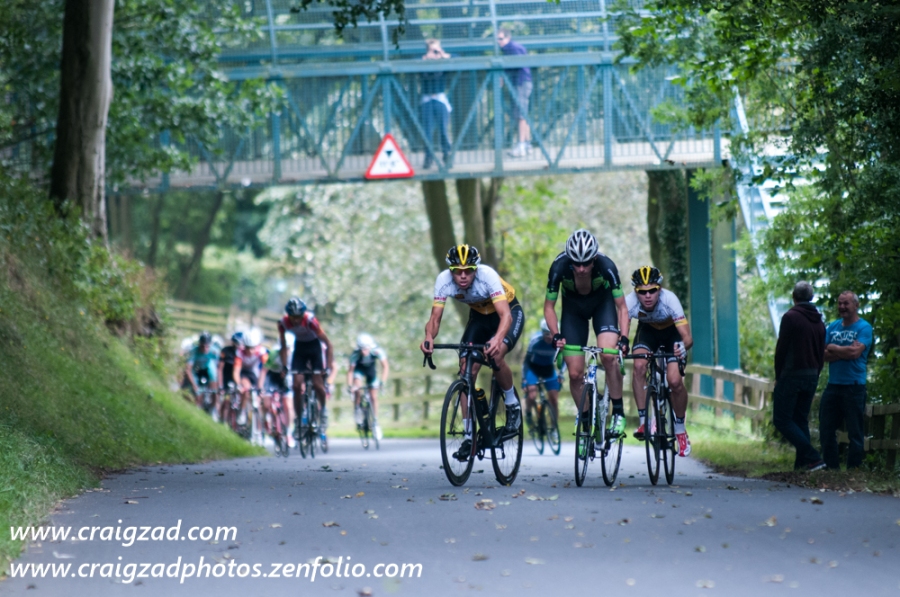But the savings still need to be made and it makes a certain sort of economic sense to cut down on the number of higher paid people who are simply there to manage the front line services. In practice what this tends to mean is that the management jobs that were done by the people who've had to leave get shared out among those that remain and with predictable consequences.
Earlier this year the one person in our local authority that knew the Cinder Track like the back of his chain saw scarred hand was made redundant. He was/is of an age where this could be dressed up as an early retirement but in reality it was redundancy. We were promised that there'd be no reduction in the quality or quantity of the service the Track received, just that it would be done by different people.
As it turns out the person that we think was given the overall management responsibility - deciding what work needed to be done where, when and by whom - already had existing responsibilities. Not only that, but the unpredicted departure of another council officer, who had responsibility for trees - making sure that those that need protecting are protected and that those that we need protecting from are timely trimmed or felled - meant that he was given this responsibility as well.
In the 1960s a popular book was Parkinsons Law. The pursuit of progress. The most memorable conclusion from this was that work expands to fill the time available to do it. Another was that people tend to get promoted until the point at which they become incompetent. What's happening here is a variant on the same theme. Give someone too many things to do and none of them get done properly.
So whilst there might appear to be an obvious front line, the place where the jobs get done, these jobs don't get done unless there's someone there to know when they need doing and make sure that the people and stuff are available to get them done when they need doing.
Early July and there's a 2.5m wide track hidden
under all that unpredicatable? growth.






